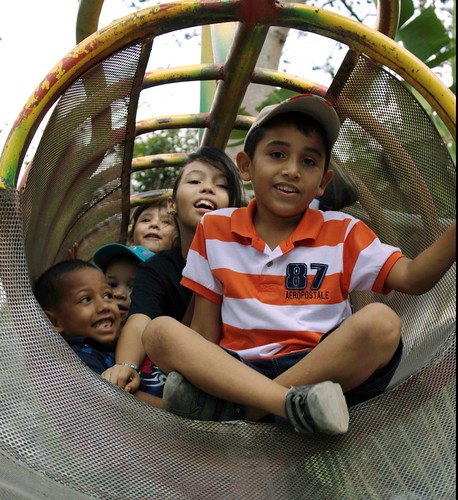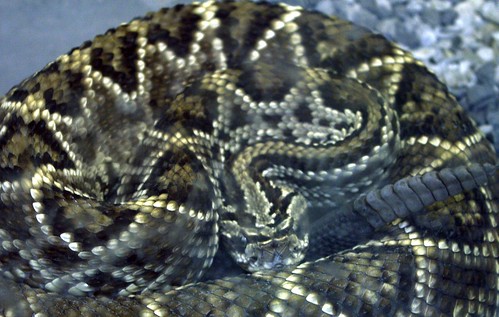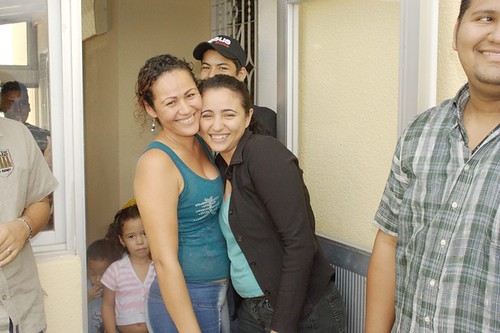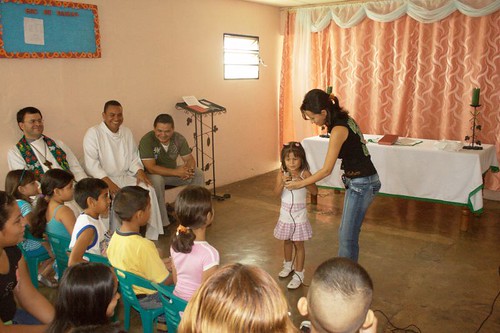 On February 18, 2012, we rented a bus and took 48 people (parents and children) to Barquisimeto for a family retreat. We left La Caramuca at 6 p.m. and arrived in Barquisimeto mid-morning to meet with Pastor Miguelangel Perez and members of New Life Lutheran Mission. Miguelangel, who is pastor of El Paraiso Lutheran Church in Barquisimeto and vice president of the Lutheran Church of Venezuela, led the group in prayer and Bible study.
On February 18, 2012, we rented a bus and took 48 people (parents and children) to Barquisimeto for a family retreat. We left La Caramuca at 6 p.m. and arrived in Barquisimeto mid-morning to meet with Pastor Miguelangel Perez and members of New Life Lutheran Mission. Miguelangel, who is pastor of El Paraiso Lutheran Church in Barquisimeto and vice president of the Lutheran Church of Venezuela, led the group in prayer and Bible study.After lunch, the group spent the rest of the afternoon enjoying Macuto Forest Park. The park, located in the middle of a urban nature preserve, opened in December 2007. It showcases the biodiversity of Venezuela. Venezuela ranks among the top 20 countries in the world for its numbers of native plants, amphibians, birds, and reptiles not found anywhere else.
 Major attractions for the children included a petting zoo and a reptile house featuring the 40 different species of snakes native to Venezuela. Most familiar to North Americans would be the various types of anacondas, boa constrictors and rattlesnakes. The reptile house itself was built in the form of serpent and you entered between the serpent's jaws, which the children felt was awesome beyond words.
Major attractions for the children included a petting zoo and a reptile house featuring the 40 different species of snakes native to Venezuela. Most familiar to North Americans would be the various types of anacondas, boa constrictors and rattlesnakes. The reptile house itself was built in the form of serpent and you entered between the serpent's jaws, which the children felt was awesome beyond words.The bus ride to and from Barquisimeto was an adventure in itself for many of the children. With a population of around two million compared to 300,000 for Barinas, Barquisimeto is the fourth-largest city in Venezuela, after Caracas, Maracaibo and Valencia. So for the young ones, the trip to the big city was very exciting, although for me it was a familiar route and it took longer than I was usted to, because Luz Maria hired a bus driver known more for his caution than speed. I just sat back and thought of some of the fondest memories of my childhood: those one-day Bible camps on the banks of the James River in Huron, South Dakota.
Music next to theology
The 54th annual Grammy Awards included one for Gustavo Dudamel and the Los Angeles Philharmonic Orchestra for their recording of Brahms's Fourth Symphony. Gustavo Dudamel, a native of Barquisimeto, is, at age 31, the music director of the Los Angeles Philharmonic, the Gothenburg Symphony Orchestra in Gothenburg, Sweden, and the Simón Bolívar Symphony Orchestra in Caracas.
His success story is only one of the most well-known results of la Fundación del Estado para el Sistema Nacional de las Orquestas Juveniles e Infantiles de Venezuela, generally known as "El Sistema". José Antonio Abreu founded this program in 1975 to provide poor Venezuelan children with an alternative to lives of drug abuse and crime through training in classical music. Beginning as an all-volunteer effort, "El Sistema" has received Venezuelan government funding since 1977 and has recently been incorporated into the public school curriculum.
Doubts were raised about "El Sistema" at first, because some thought the lower-class children of the urban slums and isolated villages of rural Venezuela could not be motivated to learn classical music. The success of the program inspires me as we strive to teach our children the source of the beauty of western classical music: The liturgy and music of the Christian church, which is the Gospel of Jesus Christ in song. Martin Luther said, ""Next to theology I give to music the highest place and honor. And we see how David and all the saints have wrought their godly thoughts into verse, rhyme, and song." God grant that we might help our congregation to do the same, because God knows the potential is there.


 School is out now. The new school year begins in mid-September. Yepci and her children took advantage of the vacation period and spent three weeks in Caracas with Yepci's sister, Wuendy. It really was more of a working vacation as Yepci helped prepare food first for seminarians studying Greek and then for a team of volunteers from the United States who performed renovations in Quinta Lutero, the national church's office in Caracas.
School is out now. The new school year begins in mid-September. Yepci and her children took advantage of the vacation period and spent three weeks in Caracas with Yepci's sister, Wuendy. It really was more of a working vacation as Yepci helped prepare food first for seminarians studying Greek and then for a team of volunteers from the United States who performed renovations in Quinta Lutero, the national church's office in Caracas. Yepci and her children, Aaron, Oriana and Elias, were back in time for vacation Bible school at Corpus Christi Lutheran Church in Barinas, August 22 to 25. The VBS was based on the story of Noah's Ark and how, as Noah and his family passed through the waters of the Great Flood, we pass through the waters of baptism to salvation. Attendance peaked at around 50 children. Many of them attended the Sunday service at Corpus Christi with their parents (a number of whom were not members) to explain what they had learned.
Yepci and her children, Aaron, Oriana and Elias, were back in time for vacation Bible school at Corpus Christi Lutheran Church in Barinas, August 22 to 25. The VBS was based on the story of Noah's Ark and how, as Noah and his family passed through the waters of the Great Flood, we pass through the waters of baptism to salvation. Attendance peaked at around 50 children. Many of them attended the Sunday service at Corpus Christi with their parents (a number of whom were not members) to explain what they had learned.